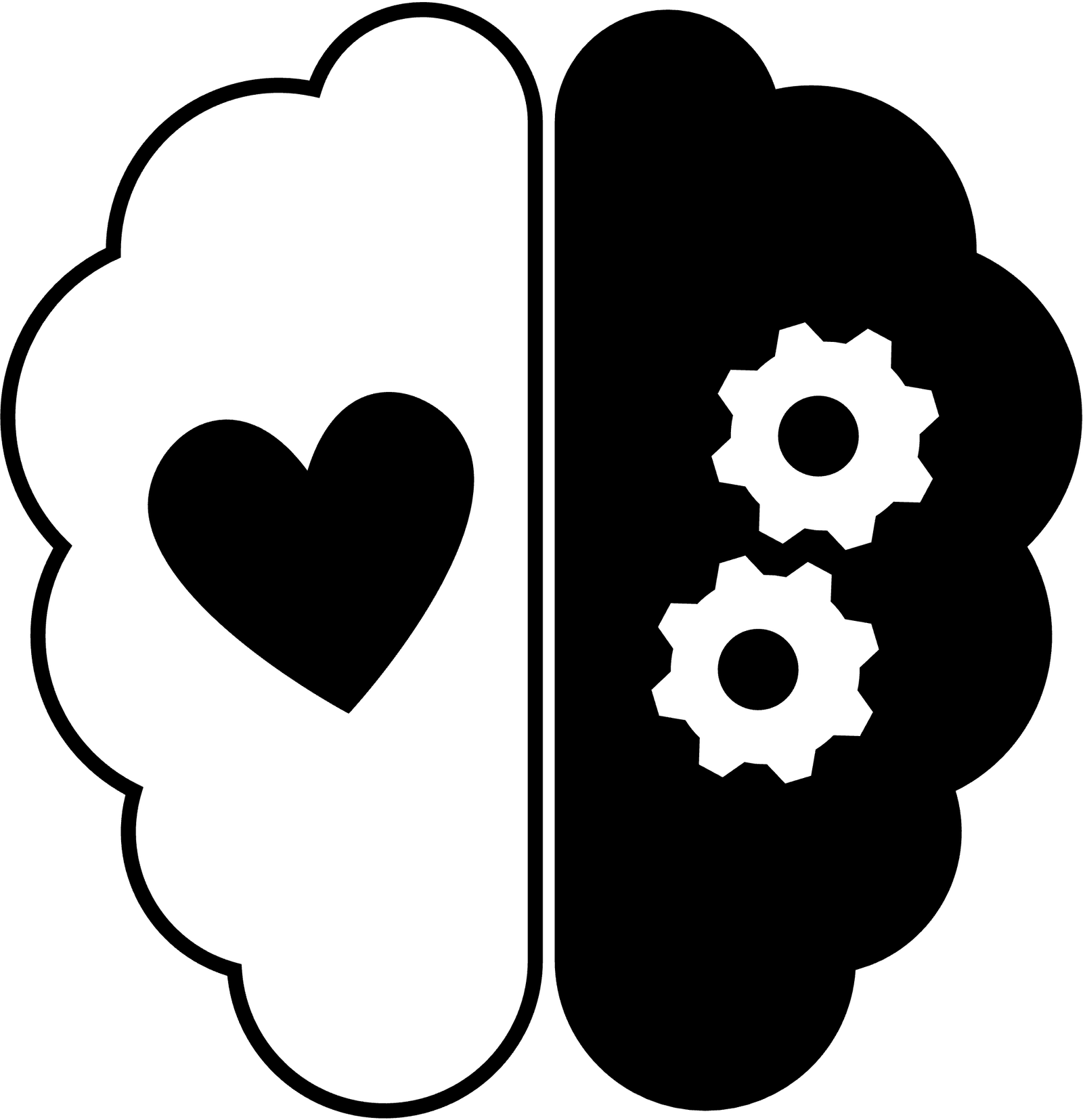Generational trauma is more than a story passed down—it is an imprint on your body, mind, and nervous system that often manifests as anxiety, emotional shutdown, and chronic stress. This ancient and modern challenge affects family patterns across generations, creating cycles difficult to break. Scientific discoveries in epigenetics confirm that trauma can be biologically inherited, yet ancient breathwork healing techniques like pranayama offer a practical path to healing.
This blog explores how breathwork acts as a bridge between mind and body, helping release trauma stored in tissues and nervous systems. Through daily practices such as deep breathing, alternate-nostril breathing, and mindful awareness, you can begin to disrupt toxic family cycles and create healthier emotional habits. Stories of real change illuminate how breathwork fosters resilience, balance, and lasting transformation not only for you but for generations to come.
Still Stuck in Toxic Family Patterns?
Discover Ancient Breathwork Healing
Table of Contents
Have you ever noticed certain emotional struggles or patterns—like anxiety, emotional avoidance, or perfectionism—that seem to run deep in your family? No matter how much you try to change, these invisible chains keep pulling you back. What you might not realize is that the story of trauma you see may not only be personal but deeply generational. Research in epigenetics now echoes what ancient wisdoms like the Vedas have long taught: trauma can be inherited—not just in stories or behaviors, but etched in our very cells and nervous systems.
This is why breaking free often feels so difficult. These inherited patterns live in your body’s tissues, nervous system, and subconscious mind, shaping your emotional responses and coping mechanisms in ways you might barely notice. But the good news is that the breath—your most accessible and potent tool—holds the key to healing these patterns at their root.
I’m Abhisshek Om Chakravarty, Mindset Coach with 14 years of experience and over 2,500 clients guided through transformational coaching. Drawing from both modern science and Sanatan wisdom, I help individuals break free from limiting generational cycles to create lives of clarity, balance, and authentic freedom.
The Hidden Weight of Generational Trauma
Generational trauma is more than a family tale; it is a physical and emotional imprint passed down across time. Unresolved wounds like chronic stress, fear, and avoidance lodge themselves within family members through a complex web of biology and behavior. Have you experienced emotional shutdowns at stressful moments, anxiety that limits success, or a persistent feeling of “never enough”? These are often echoes from your ancestors’ unhealed pain.
Studies show that trauma stored in body tissues and nervous systems affects gene expression, meaning we literally inherit predispositions to react in certain ways. This biology, combined with learned behaviors, makes the cycle tough to break without direct intervention.

Why Breathwork Healing Works: Science Meets Ancient Wisdom
Talking therapies alone often miss the body’s deep storage of trauma. Breathwork Healing offers a unique gateway—it directly influences the nervous system and encourages the release of stored tension and emotional blockages. Ancient practices like pranayama (regulated breathing), deep diaphragmatic breathing, and alternate-nostril breathing connect mind and body, calming stress responses and fostering regulation.
Modern science supports this. Research in trauma therapy and epigenetics suggests that breath practices can modify stress pathways and gene expression linked to inherited trauma. Dr. Bruce Lipton and others emphasize that we are not slaves to our genes; conscious practices can change how our biology responds to old patterns.
How to Start Healing: Breathwork Healing Techniques in Action
- Recognize the Patterns: Begin by gently observing repeated emotional struggles or behaviors in your family. Awareness is the foundation of change.
- Practice Breathwork Daily: Start with simple techniques like:
- Box Breathing: Inhale for four counts, hold for four, exhale for four, hold for four.
- Alternate Nostril Breathing (Anulom Vilom): Close one nostril, inhale, switch nostrils for exhale, and repeat.
Even 5–10 minutes a day can begin regulating your nervous system and releasing tension.
- Create Safety: If your history includes trauma, consult a trauma-informed breathwork coach or practitioner to guide your healing safely. Your body’s wisdom will show what’s ready to be released.
- Express and Reflect: Journaling, movement, or creative outlets help process emerging emotions. Trauma loses its grip when brought into conscious awareness.

Dr. Bruce Lipton
Real Stories, Real Change
Many who commit to breathwork experience profound shifts: lighter emotional loads, improved relationships, and a newfound sense of freedom. One young woman who daily practiced breathwork dissolved the lifetime anxiety patterns passed down through generations of women in her family, instead embodying calmness and connection. These ripple effects extend beyond personal healing to transform families and communities.

The Ripple Effect: Healing for Future Generations
When you choose to heal, you reclaim your life and create a new inheritance. Your conscious breath becomes a pathway to breaking the chains of ancestral suffering. This new legacy—rooted in resilience, peace, and authentic expression—passes forward to future generations free from the limiting scripts of old patterns. The path of healing requires courage but offers the most precious gift: freedom from the weight of inherited trauma.
Your breath is your birthright. Use it to breathe a new story—one of healing, hope, and profound transformation for yourself and those who come after.
Embarking on generational healing through breathwork is a powerful act of self-love and courage. Start small but commit daily to breath techniques like box breathing or alternate nostril breathing to soothe your nervous system and begin releasing stored trauma. If past wounds feel too heavy, seek a trauma-informed practitioner who can support you safely. Remember, your healing not only transforms your life but reshapes your family’s future. Take the first conscious breath now, and gift yourself the freedom to write a new family story—one filled with peace, resilience, and authentic presence. Begin today, and breathe a legacy of hope for generations to come.


